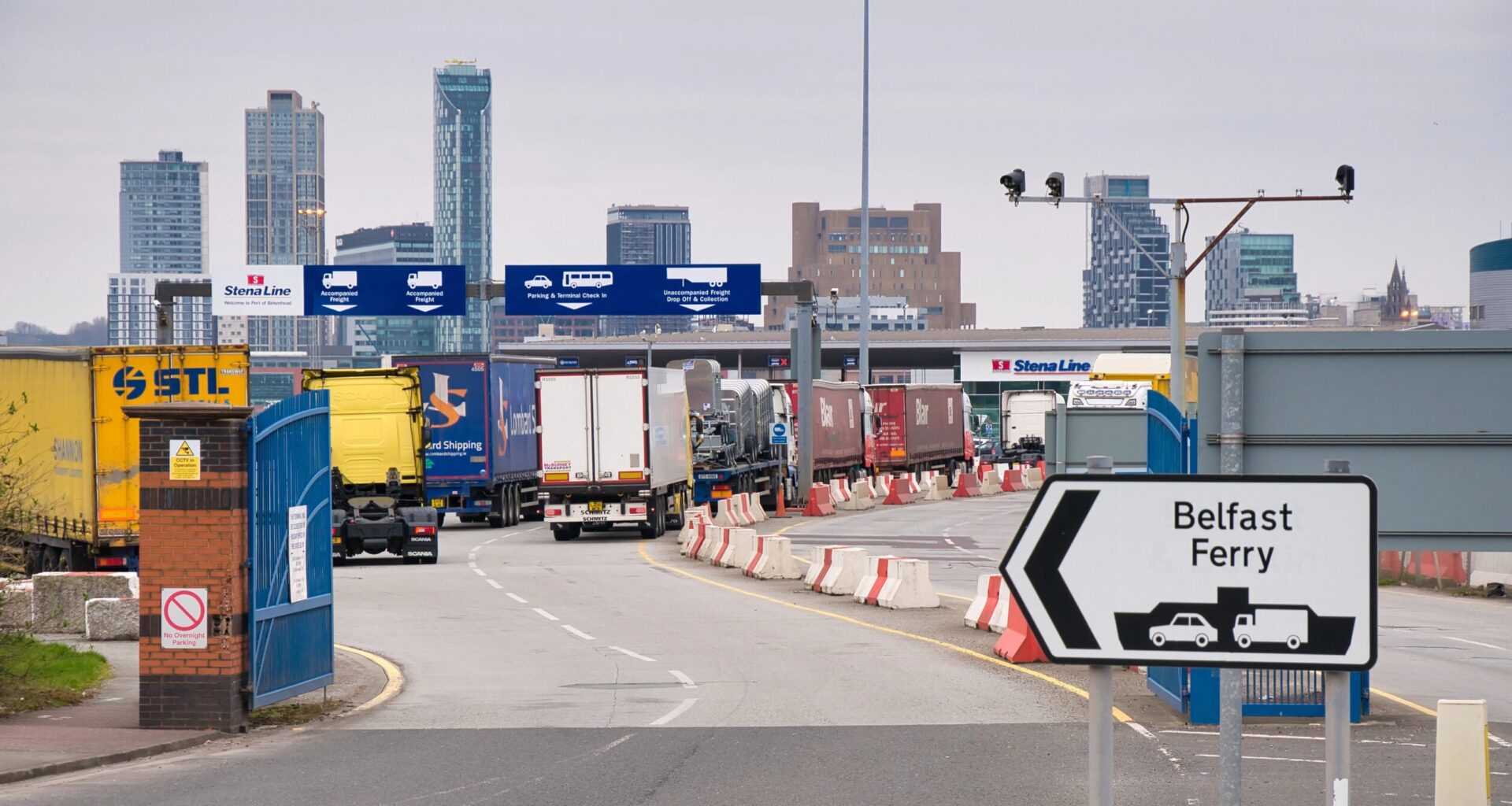The fallout from Brexit continues to reverberate through the UK’s internal market, particularly in trade flows between Great Britain (GB) and Northern Ireland (NI). More than five years after the UK’s departure from the EU, stricter border controls and regulatory hurdles have contributed to a notable tumble in shipments, affecting retailers, manufacturers, and logistics firms. While the Windsor Framework aimed to streamline processes, recent data reveals ongoing challenges, with a new UK-EU agreement in May 2025 providing a glimmer of potential recovery. This article examines the latest statistics, sector-specific impacts, and emerging opportunities for improvement.
The Windsor Framework and Its Intentions
Introduced in February 2023 and phased in from October 2023, the Windsor Framework sought to address frictions arising from the Northern Ireland Protocol by creating ‘green’ and ‘red’ lanes for goods moving from GB to NI. Green lane shipments—deemed not at risk of entering the EU single market—face minimal checks, while red lane goods require full EU customs compliance. This dual system was designed to preserve NI’s unique position with access to both the UK internal market and the EU, often touted as the ‘best of both worlds’.
However, implementation has been bumpy. Parcel carriers must register as ‘trusted traders’ under the UK Internal Market Scheme (UKIMS), and businesses face increased paperwork, especially for business-to-business (B2B) movements. Some couriers have limited services to business-to-consumer (B2C) only, exacerbating delays. The ‘Not-For-EU’ labelling requirement, intended to prevent goods leaking into the EU, has been delayed and phased in gradually, adding to uncertainty.
Evidence of Continued Decline
Data from the Office for National Statistics (ONS) Business Insights and Conditions Survey (BICS) underscores a persistent downward trend in GB-NI trade. Between 2020 and 2024–25, the proportion of GB businesses selling goods to NI fell from 5.7% to 3.9% overall. In manufacturing, it dropped from 20.1% to 12.9%, and in retail, wholesale, and repair of vehicles from 17.5% to 12.4%. Smaller firms have been hit hardest, with businesses employing 0–9 staff seeing a decline from 4.9% to 3.2%.
In the 12 months to April 2025, 15.1% of all GB businesses reported a decline in sales to NI, compared to just 6.2% noting an increase, while 8.3% stopped trading altogether. For retailers specifically, 14.2% recorded declines, 1.5% increases, and 11.4% ceased shipments. The percentage of firms citing the Protocol/Windsor Framework as a trade challenge has risen in key sectors, such as manufacturing (from 11% in 2022 to 24.1% in 2024–25).
Broader UK trade figures reflect similar pressures. Since Brexit, agrifood exports have fallen by 21%, and imports by 7%. Overall UK goods exports to the EU dropped sharply in January 2021 before partial recovery, but efficiency remains diminished due to customs and regulatory barriers. NI-specific data from the Northern Ireland Statistics and Research Agency (NISRA) for 2023 shows GB as NI’s largest external partner, with NI exports to GB at £17.1 billion (17.5% of total sales) and imports from GB at £16.2 billion (26.1% of total purchases). Sea freight volumes included 9.2 million tonnes sent to GB and 10.2 million tonnes received, indicating steady but strained flows.
Retail, Logistics, and Manufacturing Under Strain
Retailers and logistics providers have borne much of the brunt. Anecdotal evidence highlights practical hurdles, such as delays in shipping laptops or restrictions on sending Christmas hampers due to customs forms and specialist courier needs. Small and medium-sized enterprises (SMEs) struggle with interpreting guidance, leading some GB firms to avoid NI altogether to evade compliance risks.
In manufacturing, the rise in challenges cited (to 24.1%) reflects increased red tape for red lane goods, potentially diverting trade. Agrifood, a critical sector, has seen significant drops, with Brexit introducing rules of origin and checks that have permanently reduced efficiency. Trade diversion—where NI firms source more from the Republic of Ireland or EU—has emerged as a growing issue, complicating the internal UK market.
The May 2025 UK-EU Reset
In a positive development, the UK and EU agreed on a ‘reset’ deal in May 2025, including a new Sanitary and Phytosanitary (SPS) agreement to reduce red tape on food and drink trade. This could ease flows between GB and NI by removing routine checks on animal and plant products, potentially lowering prices and boosting choice. The deal addresses post-Brexit agrifood declines and is projected to add nearly £9 billion to the UK economy by 2040. Additional measures, like linking emissions trading systems and defence cooperation, aim to foster broader stability.
Experts suggest this could substantially reduce the Irish Sea border’s impact, allowing freer movement of goods like burgers and sausages. However, full benefits depend on smooth implementation, with calls for better guidance, a dedicated EU Economic Envoy for NI, and impact assessments on future policies.
Opportunities Amid Challenges
While the decline dominate headlines, NI’s dual market access remains a competitive edge, enabling free trade with both GB and the EU— a unique global position. NISRA data affirms GB’s role as NI’s top external market, with imports reportedly growing (reaching £17.8 billion in 2023 according to some analyses). The Windsor Framework has eased some administrative burdens, such as medicine supplies, and the reset deal could mitigate diversion risks.
Counterarguments highlight external factors, like global tariffs (e.g., potential US impacts), which could exacerbate NI’s exposure to EU shocks. Overall UK trade has declined since 2019, with goods exports and imports down 13.2% and 7.4% by 2023, underscoring Brexit’s wider toll.
Towards a More Fluid Internal Market
Trade between GB and NI has undeniably tumbled under post-Brexit rules, with ONS data showing sustained declines in participation and volumes. Yet, the May 2025 reset offers a framework for reversal, emphasising reduced bureaucracy and enhanced cooperation. For businesses, clearer guidance and adaptive policies will be key to realising NI’s dual-access potential and restoring pre-Brexit fluidity.
Mark Salisbury, Editor
